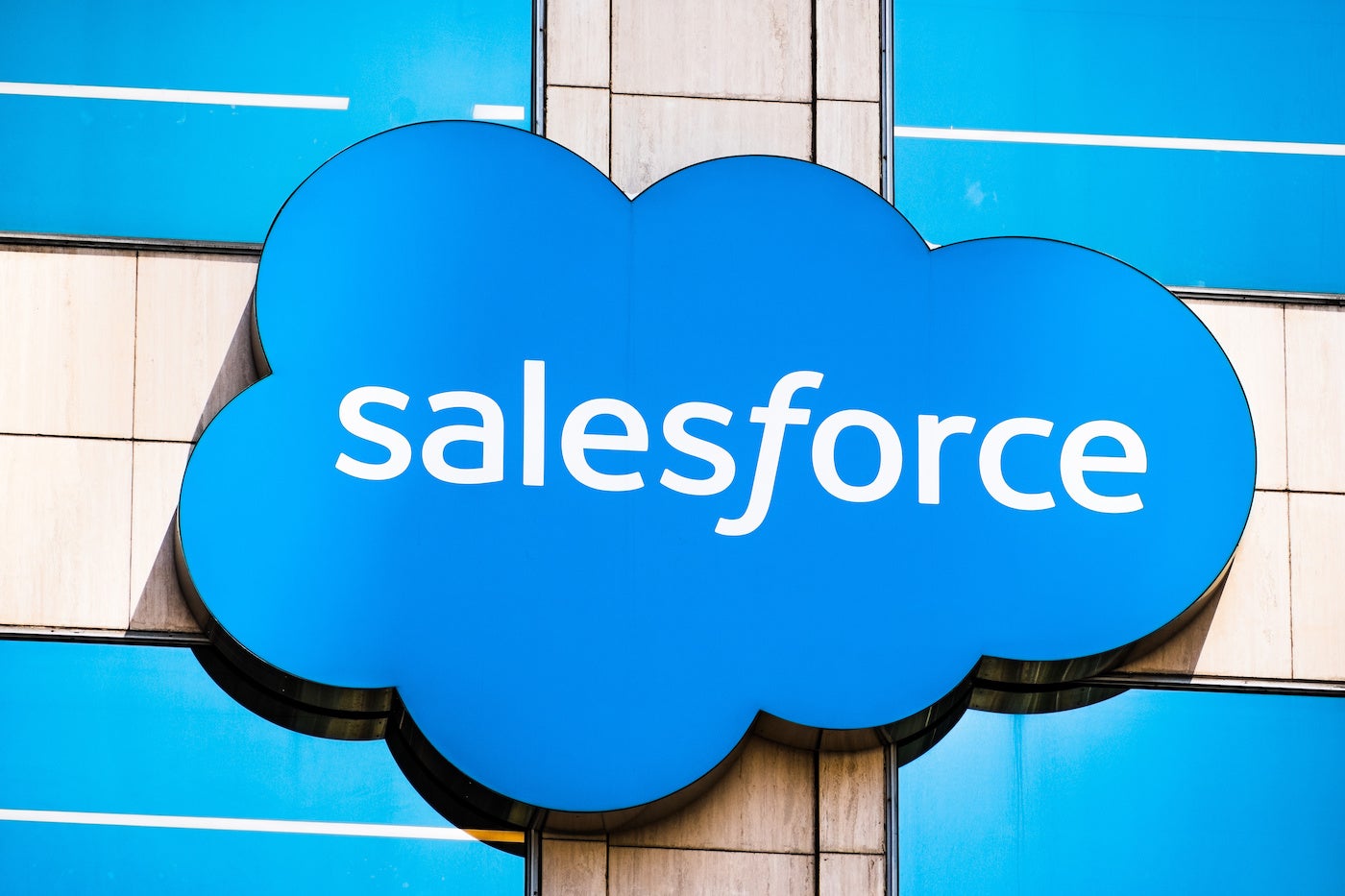
Salesforce’s series of generative AI, ChatGPT-style tools rolling out this year are designed to provide customers with large language models integrated with the company’s products.
Salesforce on Monday announced a comprehensive expansion of artificial intelligence products under a new AI Cloud name. The products are designed to give CRM workforces generative AI tools tailored to Salesforce’s Slack, Einstein, Data Cloud, Tableau, Flow and MuleSoft offerings.
The new cloud-based suite uses Salesforce’s artificial intelligence model Einstein, which launched in 2017, and an array of ChatGPT-style LLMs. According to Salesforce, Einstein generates more than a trillion predictions per week across the company’s applications.
Salesforce said the AI Cloud tools will let users do things like generate prompt-specific emails, personalized agent chat replies and case summaries, personalized content for email, mobile, web and advertising, and insights and recommendations. Salesforce’s AI Cloud also lets developers auto-generate code, predict potential bugs in code and suggest fixes.
Jump to:
Salesforce’s AI Cloud suite includes a roster of GPT natural language tools that will roll out over the remainder of 2023. The tools include the following:
For developers, the company is launching Einstein GPT, a GitHub Copilot-like coding assistant developed in house. Salesforce said Einstein GPT provides intelligent code suggestions and completions directly within Visual Studio Code initially focused more for Apex and LWC development.
Salesforce is hoping to assuage business leaders’ concerns about AI around hallucinations, bias, privacy and data provenance by incorporating a governance layer into the AI Cloud suite called the Einstein Trust Layer. Launched in tandem with AI Cloud, the Einstein Trust Layer is designed to deal with issues of data privacy and security.
SEE: Salesforce’s 5 guidelines to reduce AI bias (TechRepublic)
The Einstein Trust Layer also makes the AI Cloud open and extensible, which the company said will make it easier for customers to match LLMs to tasks – while helping companies maintain their data privacy, security, residency and compliance goals.
“When our applications and platform looks at your data and uses machine learning or deep learning, we don’t look at your data,” said Salesforce CEO Marc Benioff, referring to how the company built trust into earlier iterations of AI as the company developed Einstein. “We can provide predictions without looking inside the data. Now with generative AI, what we are able to do is take the same technology and apply it to a GPT trust layer.” He said the resulting Trust Layer lets customers have the ability to do generative AI without sacrificing data privacy and security… “because every transaction and conversation begins and ends with trust, so we understand that very well.”
AI Cloud will host LLMs from AWS, Anthropic and Cohere, as well as others entirely within Salesforce’s infrastructure. Also, Salesforce said a partnership with ChatGPT maker OpenAI using the latter’s Enterprise API in conjunction with the Einstein Trust Layer will keep data retained in Salesforce repositories.
The company said AI Cloud will enable customers to use Salesforce LLMs — CodeGen, CodeT5+ and CodeTF — developed by Salesforce AI Research for code generation and business process automation assistance.
Salesforce said AI Cloud will be generally available this year, while the Einstein Trust Layer will be generally available in June.
Also, according to Salesforce: